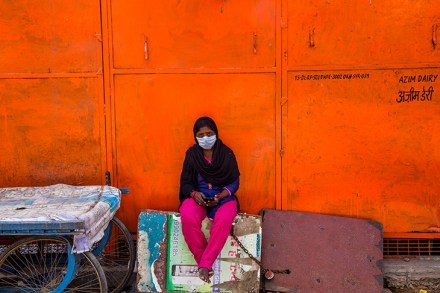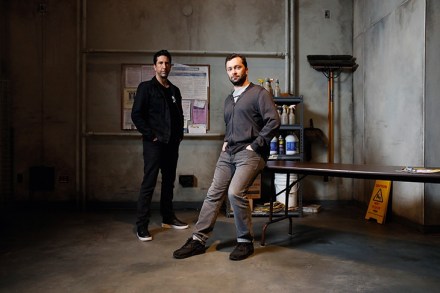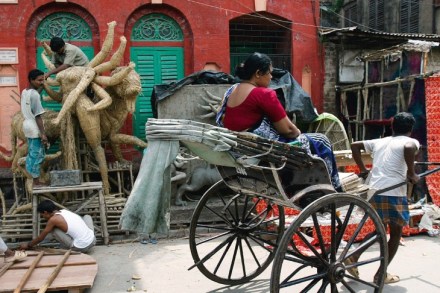The real reasons children are going hungry
‘We’re idiots, babe, it’s a wonder we can even feed ourselves.’ I listened to The Food Programme on Radio 4 this week, because the channel finder on my car radio wasn’t working and so I was stuck with it. It was, as it almost always is, four left-wing ratbags moaning to one another. As I’ve mentioned before, this is the template for almost the entirety of the station’s output: miserable women carping endlessly about everything. It is almost impossible to know what particular programme you’re listening to. You have to keep your ears tuned for key phrases which might give you an indication. If it’s a woman teacher moaning about



















